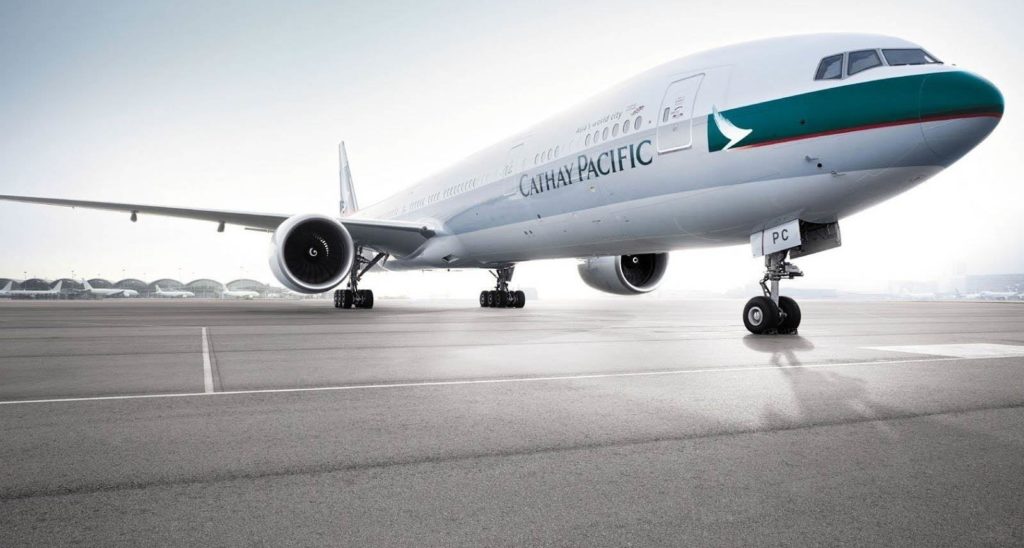Cathay Pacific forecasts reduced monthly cash burn in second half
Contributors are not employed, compensated or governed by TDM, opinions and statements are from the contributor directly

Cathay Pacific expects to reduce its cash burn to less than HK$1 billion (AU$169 million) a month in the second half of the year, its chief financial officer said.
The airline had been burning up to HK$1.9 billion (AU$322 million) of cash per month in the first half due to crew quarantine restrictions but that will fall in the second half as rules are eased for vaccinated crew and capacity rises, Chief Financial Officer Rebecca Sharpe said at an analyst briefing on Friday.
A webcast of the invitation-only briefing was made public on Saturday evening.
Cathay has been operating just 8% of its usual passenger capacity at a time when passenger numbers are down more than 99% due to international border restrictions.
“There has been no significant change in the last few months in the dramatic impact COVID-19 has had on passengers to Hong Kong,” Sharpe said.
By August, it hopes to increase capacity to 20% of pre-COVID levels as Chinese students return to the United States and Britain for studies and that could rise to 30% in the fourth quarter as travel restrictions to Singapore and mainland China ease, Cathay Chief Customer and Commercial Officer Ronald Lam said.
Cathay this month said losses in the first half are expected to be “somewhat” lower than last year, due to cost-saving measures and strong demand for cargo flights.
The monthly cash burn figure at Cathay is a bit higher than the S$100 million (AU$98 million) to S$150 million (AU$147 million) ongoing level reported by rival Singapore Airlines last month.
Both airlines lack domestic markets and have been reliant on cargo traffic for most of their revenue since the pandemic began.
Cathay said 89 of the 239 planes in its fleet were in long-term storage in Australia and Spain. The airline has HK$32.8 billion (AU$5.5 billion) liquidity available and will consider raising more funds when it can be done at a reasonable cost, Sharpe said.


Comments are closed.